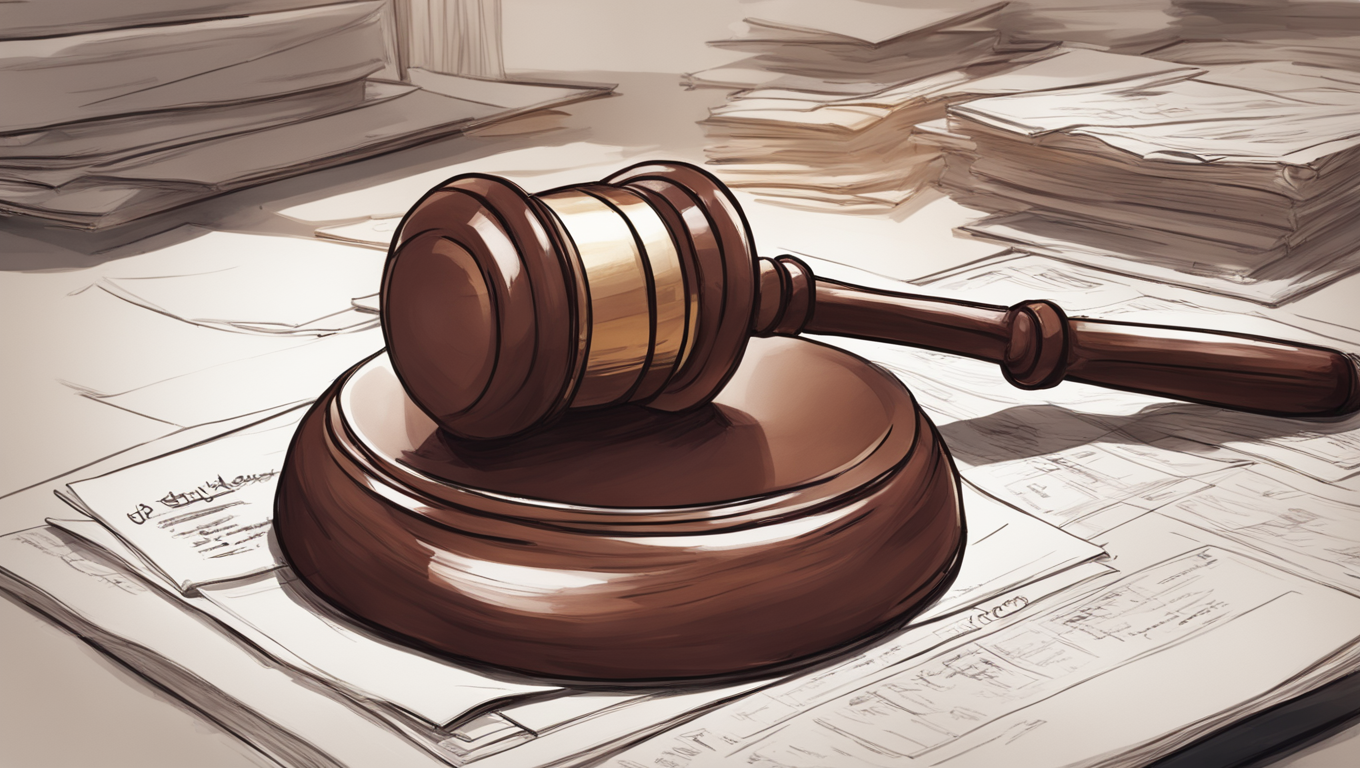##RIAA Takes Bold Stand Against AI Music Generation Companies for Copyright Infringement##
In a landmark battle that could shape the future of the music industry, the Recording Industry Association of America (RIAA) has filed lawsuits against AI music generation companies Suno and Udio. The lawsuits, which were filed in Massachusetts and New York, accuse the companies of training their AI technology on unlicensed works of some of the world’s biggest artists. The RIAA, representing the industry’s “Big Three” record companies - Universal Music Group, Sony Music Entertainment, and Warner Music Group - is seeking damages of up to $150,000 per infringing song.
Suno and Udio are at the forefront of artificial intelligence music generators, capable of producing music, lyrics, and vocals within seconds. The core of the dispute lies in whether the companies had the right to use copyrighted material to train their AI models, or if it constitutes fair use. Copyright law is struggling to keep up with the rapid advancement of emerging technologies like AI.
“The music community has embraced AI, and we are already partnering and collaborating with responsible developers to build sustainable AI tools centered on human creativity that put artists and songwriters in charge,” says RIAA Chairman and CEO Mitch Glazier. “But we can only succeed if developers are willing to work together with us. Unlicensed services like Suno and Udio that claim it’s ‘fair’ to copy an artist’s life’s work and exploit it for their own profit without consent or pay set back the promise of genuinely innovative AI for us all.”
While Sund and Udio have not yet responded to the lawsuits, Antonio Rodriguez, a Suno investor, spoke with Rolling Stone earlier this year, stating his belief that developing the product without the constraints of licensing deals was necessary. He acknowledged the risk of a major label lawsuit, saying, “we’re the fat wallet that will get sued right behind these guys.” The RIAA cited Rodriguez’s quote in its complaint.
This legal battle represents a significant milestone for AI in the music industry. Previously, Universal Music Group had sued the Amazon-backed AI company Anthropic over the use of lyrics, but this is the first time a music company has sued an AI company over actual recordings. While record labels have expressed concerns about copyright infringement, they have been cautiously exploring AI’s potential. For example, UMG and WMG collaborated with YouTube on the DreamTrack AI text-to-music generator, featuring music from artists like Charli XCX and Demi Lovato. Warner Music Nashville even released a song, “Where That Came From,” featuring AI-generated vocals from country legend Randy Travis, who lost his ability to sing after a near-fatal stroke.
The RIAA itself launched the Human Artistry Campaign last year, advocating for the ethical and responsible use of artificial intelligence in supporting artists while ensuring copyright holders are appropriately compensated for their works used in AI content.
“These are straightforward cases of copyright infringement involving unlicensed copying of sound recordings on a massive scale,” says the RIAA’s Chief Legal Officer Ken Doroshow. “Suno and Udio are attempting to hide the full scope of their infringement rather than putting their services on a sound and lawful footing. These lawsuits are necessary to reinforce the most basic rules of the road for the responsible, ethical, and lawful development of generative AI systems and to bring Suno’s and Udio’s blatant infringement to an end.”
As this legal battle unfolds, it has the potential to shape the future of AI technology in the music industry. The outcome will determine the boundaries of fair use and the responsibilities of AI companies when it comes to copyrighted material.





Use the share button below if you liked it.